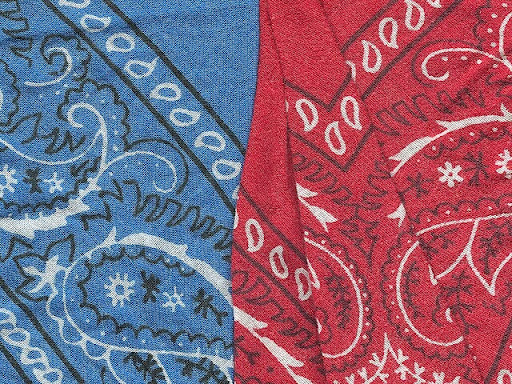
By Emily Bary ’14
Staff Writer
Courtney Collins ’14 battled a series of injuries during her time on the fencing team, requiring elbow surgery after a bone bruise and physical therapy to help heal a torn hip flexor. But she was determined to compete in her last NCAA regional meet, especially since the meet was to take place at Wellesley, so she learned to fence with her non-dominant hand.
Collins managed to qualify for the meet and competed for the Blue at regionals earlier this month. She ranked 19th among Division-III competition in the epée category.
Outside of fencing, Collins helped to start up the Team IMPACT program at Wellesley to pair varsity athletic teams with chronically ill children, and she’s seen the program take off in the past year. She sat down with the Wellesley News to reflect on her four years as a varsity athlete. Excerpts of the conversation follow.
Emily Bary (E.B.): How long have you been fencing?
Courtney Collins (C.C.): Since seventh grade. I switched to epée during the end of eighth grade. I guess it’s not a full year though, since fencing in high school was only for three months.
E.B.: And why did you start?
C.C.: My brother saw the James Bond movie “Die Another Day” and he thought the fencing scene in it was so cool. And then one of his older friends told him that we had a fencing team in our high school, so he started fencing, fell in love with it and told me I had to try it.
E.B.: How’d you get injured?
C.C.: Fall of my first year, I went to go flèche at my opponent—you drive forward with your arm extended—and my bones collided, so I got a bone bruise. Then I let it heal and thought I was better, and then it’s just been a disaster ever since. In the summer before senior year, I started learning how to fence lefty, and that just took a lot of mental preparation in addition to obviously physical preparation. It’s been really stressful, disappointing and frustrating, but I feel like it’s given me a whole new outlook on the team and applying skills from the team to my life.
E.B.: Did you ever think about not fencing any longer after you got injured?
C.C.: I did think about it a little bit after my sophomore year when I was completely sidelined, but then after I had surgery before junior year I was hopeful again. When everyone kind of thinks you can’t do something, you just want to prove to yourself that you can. I thought about it a little bit, but fencing has just made my Wellesley experience, so I couldn’t quit.
E.B.: How was it learning to fence lefty?
C.C.: It was incredibly frustrating because it’s all in your head, so your head is telling you what to do and the left side of my body was just not listening at all. It’s a lot about balance too when you fence, so it’s hard to stay stable while moving really quickly. So I kept falling and toppling over while I was trying to get my footwork down. Then I actually did join a private club over the summer knowing that I would only really have my senior season to learn how to compete lefty, so I would go up against these 35-year-old men from Italy who were incredible fencers. It was really overwhelming and difficult, but I guess the more you fail, the more you want to get better.
E.B.: Is it usually an advantage to be lefty?
C.C.: At certain times, yes, because a lot of teams don’t have lefties so you kind of get up on the strip, and you can tell when your right-handed opponent is thinking, “Oh no, how do I fence a lefty?” It’s a lot different, because parts of the body aren’t being shown and lefties move more on the strip to protect their bodies.
E.B.: What was it like being captain?
C.C.: It’s been a great experience. I was captain my junior and senior years, and even while I was injured I felt like I could still give back to the team in a way that I definitely could not have while I was injured. It’s also been really great to just be the person who people look up to on the team, and let them see how you do things. And getting close to the administration has been really valuable.
E.B.: Do you plan to stay involved in fencing after you graduate?
C.C.: It’s not something that’s going to leave my life but at the same time, for a while at least, I’m going to take a long break from it. I’ll maybe take up yoga or something that’s a little less intense for my body.
Wellesley fencing closed out its season at the regional tournament on Sunday, March 9.



